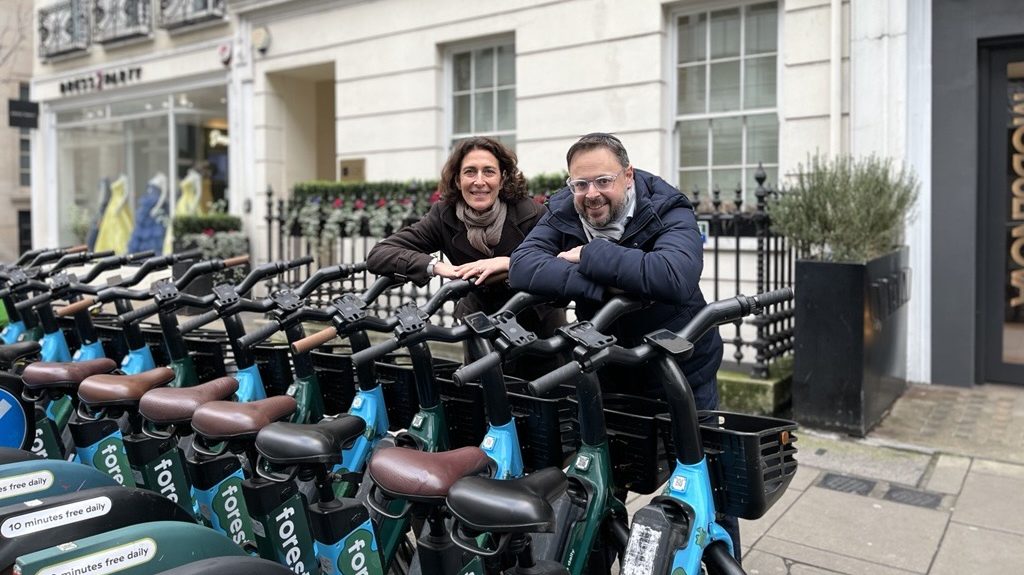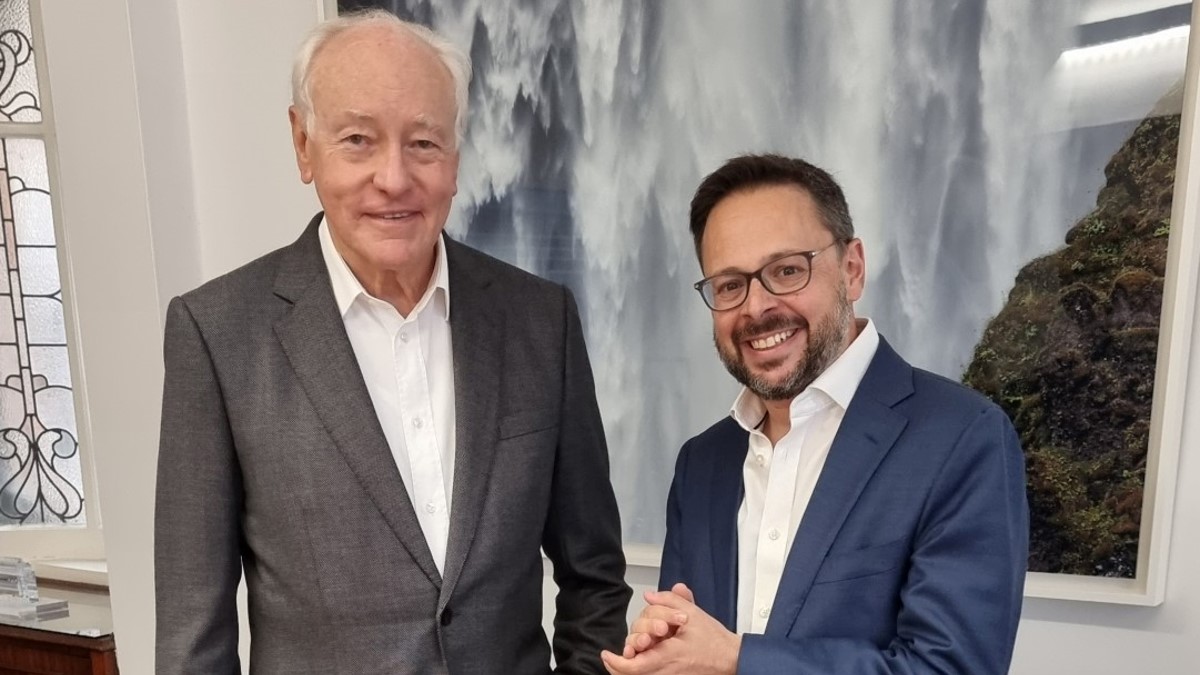ESG: Social Responsibility in Finance
The principles of ESG – Environment, Social and Governance – become more important in any sector.
Also in the investment community ESG has become a key focus in recent years. As more institutional money comes into private debt, the more ESG will be at the forefront of investors’ minds. In a recent survey by Federated Hermes, 88% of institutional investors said that ESG factors play a central role when making long-term investment decisions. It becomes almost more important than traditional financial metrics.
Despite the growing importance of ESG, the three strands haven’t always held equal weight. Whilst the movement generated around the climate crisis means lenders’ strategies today heavily account for environmental and sustainability considerations, for example, the social aspect of ESG has at times been overlooked.
Social – The “forgotten S”
This is an issue we at Fintex Capital call the “forgotten S” – and by social we mean two things: firstly, on the investment side, it means ensuring we back lenders who are supporting people who don’t have easy access to capital. Secondly, it means as a company we support the community we operate in.
Following the 2008 financial crisis, banks and other traditional lenders withdrew from markets. New regulation saw a tightening of credit conditions, as banks needed to hold more provisions against certain types of loans. Furthermore, there was reduced appetite to lend in areas that were seen as high risk and low reward.
By late 2009 banks had considerably tightened their belts – LTV ratios had fallen, credit card availability was cut (by early 2009, offers to households for new credit cards had dropped to around one-fifth of their count in 2006) and in the UK consumer repayments were outstripping new borrowing. Overnight, a whole section of ‘subprime’ society had essentially lost access to finance.
Fintech becomes more important
When traditional lenders withdrew from the market, Fintech lending emerged. They had a low-cost base and used the latest technology such as open banking to better assess credit worthiness, ensuring they were lending responsibly. At Fintex, we saw these exciting new technologies as an opportunity to establish an alternative to traditional bank lending and ultimately democratise access to finance.
Social: Investing in Consumer Loans
We are proud that our first investments matched our ideals. In Germany we partnered with auxmoney and in the USA, we partnered with Upgrade respectively; these organisations provided consumer loans to the underserved segments, applying sophisticated pricing models supported by AI.
We continued this policy in the UK. In addition to financing consumer loans, Fintex has provided vital support to UK SMEs. Small businesses are the lifeblood of the British economy, with SMEs accounting for 99.9% of the business population (5.5. million businesses); following the 2008 financial crisis, however, the big banks considerably reduced their lending risk appetite, meaning small businesses have had to look elsewhere to access vital finance.
Social: SME Lending
As part of the Fintech revolution new SME lenders have stepped up, helping to plug this gap and offer new sources of capital in innovative ways. One such example of these lenders is ThinCats, who have lent more than £1.2bn to British businesses in the UK. Last year we were proud to have provided a mezzanine facility to ThinCats to support lending to SMEs affected by the pandemic. Our loan helped unlock £400m of funding to cash-strapped small businesses.
Read more: Fintex Capital funding line to ThinCats enables £400m of debt finance for COVID-affected SMEs
Our primary priority will always be to generate steady returns for our investors. But this should be at the detriment of our responsibility to the society. Generating consistent returns whilst lending to and supporting companies that make a genuine difference is not just compatible but is at the core of how Fintex Capital approaches lending.
Our approach to the forgotten S also extends to how we operate as a company. We believe every business has an important role to play in bettering, and giving back to, the society in which they operate.
How Fintex has helped
During the Covid pandemic, we supported two amazing causes. The first was Paperweight, a nationwide charity that helps support people with the burden of household paperwork and bureaucracy. When the first lockdown hit, Paperweight was inundated with requests from people whose lives were turned upside and had no idea what support they were entitled to, or how access it.
Secondary we partnered with a local school, many of whose families didn’t have laptops or paid-for internet. We provided both of these facilities, ensuring that children could continue learning when the schools were shut, and teaching moved online.
More recently, Anna, our finance manager has been co-ordinating our efforts in supporting Ukrainian refugees who are arriving in Poland. Anna is Polish, and her local town quickly became a base for hundreds of families. Her incredible work in helping over two hundred vulnerable refugees has even been featured in the local media. Now she is back in the UK and continues her fundraising efforts. She has already arranged for the distribution of 200 duvets that were donated by one of our investment partners.
We know that as a company we can always do more. We are however proud of our efforts, and through our work we hope to demonstrate the genuine social benefit that lenders 2.0 can bring to both the wider market and the local communities.
Contact our team
hello@fintexcap.com





































































